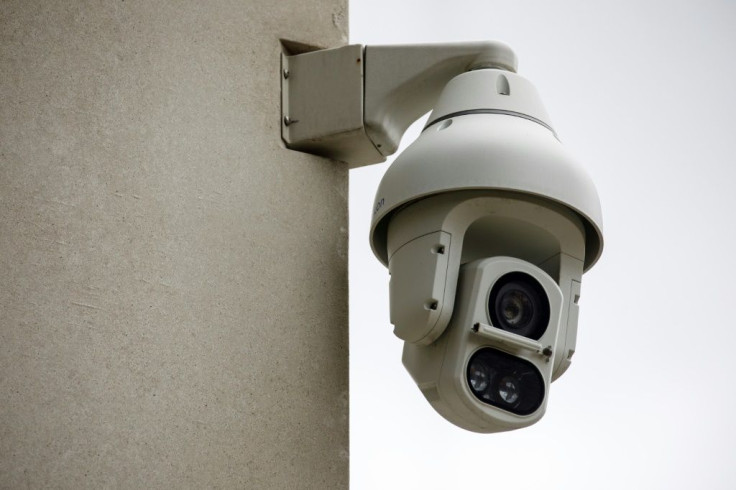Apple iPhone Exemption In San Francisco Facial Recognition Law Creates Hassle

KEY POINTS
- San Fransisco: Law regulating use of facial recognition technology passed
- They had not factored in Apple's Face ID, it seems
- A new amendment makes exception for the device
Facial recognition and its wide use across smartphones have thrown up a quandary for law enforcement. While such technologies come with safety and privacy concerns, it is getting way too common to regulate en masse.
A San Francisco law, which banned using such technologies in public included even the presence of the technology on smartphones such as Apple’s iPhones, which come with it out of the box. The administration is now backtracking on the legislation, which may have been done in haste. An amendment to the law has been issued to correct this error.
The U.S. administration has repeatedly focused on facial recognition technology and its misuse, as is evident for its sanctioning of Chinese facial recognition firms involved with the Uighur persecution in Xinjiang.
In May this year, the city of San Francisco passed a law banning facial surveillance equipment in government offices, including police stations. This outlawed even the San Francisco mugshot identification software and iPhones for government use.
It basically classified iPhones as surveillance hardware.
Since iPhones are so widely used, it forced a vote to amend the law and make an exemption for the device. The law now allows the purchase of previously banned devices, but with a precondition that no alternatives are available. For the iPhones particularly, it asks users to switch off facial recognition and go for the age-old method of using passcodes instead.
However, upon larger applications, the law seems to be totally defunct. The exception made for the iPhone can also be used for other surveillance equipment. The “alternatives” clause can be used, for example, by the police department.
The law is one of many cases where legal jurisprudence is far behind technology. The issue of surveillance remains unsolved despite double legislation on the subject.
The same is the case with technologies such as AR, VR, and self-driving.
© Copyright IBTimes 2024. All rights reserved.





















